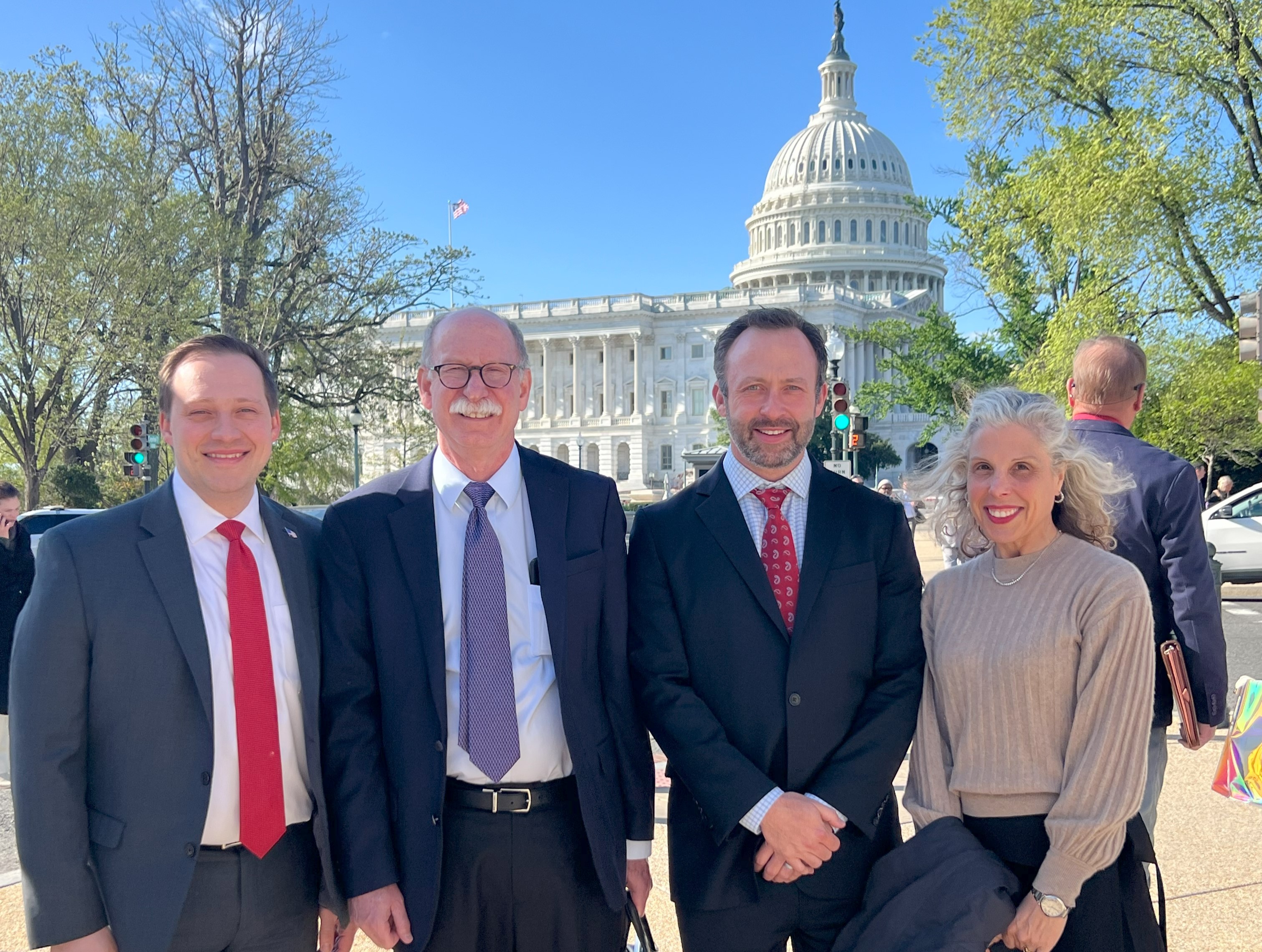LUGPA Policy Brief - Addressing Medical Transportation Challenges and In-Office Dispensing ReformsOct. 31, 2024 A recent report by KFF Health News highlights the rising use of rideshare services for medical appointments, particularly in the Atlanta area. Due to the closure of several rural hospitals, patients battling cancer and other severe illnesses are now forced to travel over two hours to treatment centers in metropolitan areas. This increase in rideshare usage is seen nationwide, with Medicare Advantage, Medicaid plans, and certain insurance companies covering rideshare trips to reduce missed appointments. From April 2022 to April 2024, Lyft reported completing thousands of trips greater than 50 miles each way, originating or ending at Atlanta-area medical centers. While the majority of these trips were under 100 miles, 21% were between 100-200 miles, and 4% exceeded 200 miles, underscoring the geographic challenges patients face in accessing healthcare. Despite efforts to subsidize rides, 21% of adults without access to a vehicle or public transit went without needed care in 2022, according to the Robert Wood Johnson Foundation. CMS's recent ban on in-office dispensing has exacerbated transportation challenges, particularly for vulnerable patients. Previously, physician practices could provide patients with prescribed medications immediately after an appointment, improving access and ensuring adherence to treatment plans. Now, patients must travel to a pharmacy, which is especially burdensome for those living in rural areas or facing debilitating conditions. A 2017 CDC study found that between 20% to 31% of drug prescriptions are never filled, leading to worsened health outcomes and higher long-term healthcare costs. In-office dispensing not only enhances patient adherence but also ensures timely adjustments to treatment regimens, especially for patients with complex conditions like cancer. Without this option, patients may delay or forgo necessary treatments, resulting in higher healthcare utilization and costs. LUGPA advocates for the immediate retraction of CMS’s 2021 FAQ that restricts in-office dispensing and supports legislation such as H.R. 5526, the Seniors’ Access to Critical Medications Act. This bipartisan bill aims to restore patient access to life-saving medications by allowing Medicare patients to receive medications by mail and enabling caregivers to pick up prescriptions on behalf of patients. It also includes a five-year waiver of the Stark Law, allowing physician practices to mail drugs to patients while ensuring patient compliance through annual in-person visits. LUGPA strongly supports policies that improve patient access to care by integrating pharmaceutical dispensing into physician practices. In-office dispensing enhances care coordination, reduces logistical barriers, and improves treatment adherence. LUGPA's advocacy efforts include:
The growing challenges surrounding medical transportation, coupled with restrictive policies on in-office dispensing, are placing undue burdens on patients, especially those in rural areas. As the healthcare system evolves, it is essential to prioritize reforms that enhance access to care and reduce barriers for vulnerable populations. By advocating for the retraction of CMS's FAQ and supporting legislation like H.R. 5526, LUGPA is committed to ensuring that patients receive timely, comprehensive, and patient-centered care.
|




